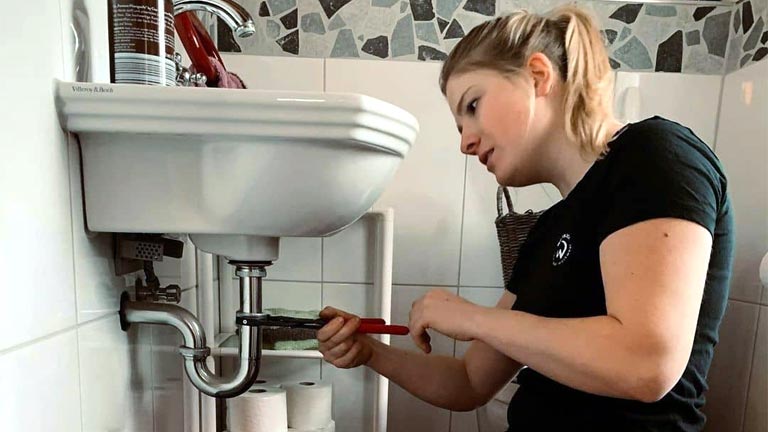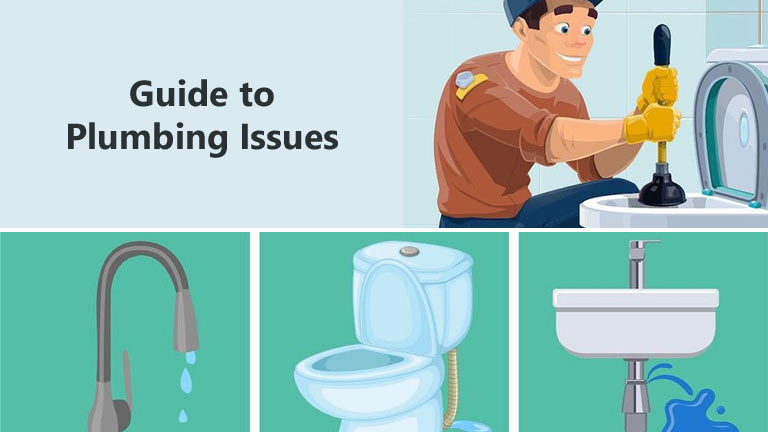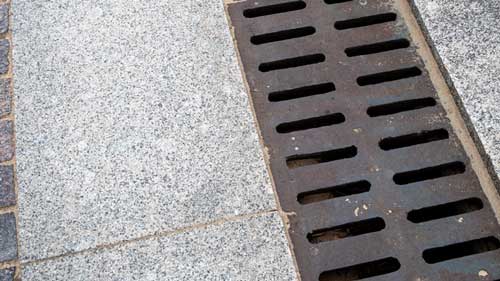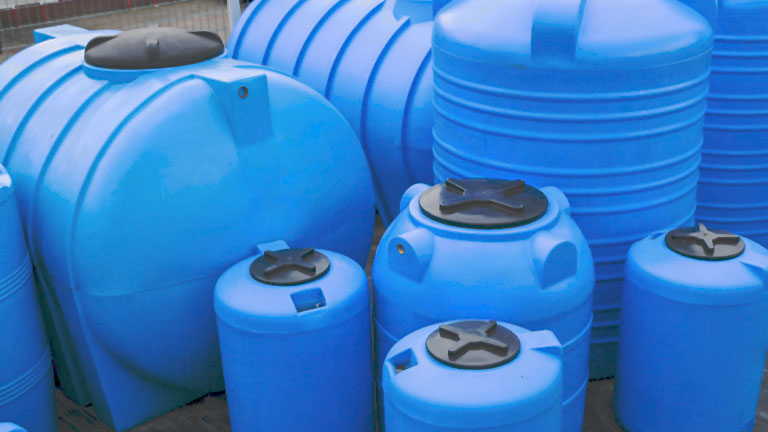
Whether you’re a plumber or a DIY enthusiast, if you’re selecting plumbing fixtures for a project, you need to give careful consideration to a number of factors. Here we’ve listed 10 of them and provided a general guide to the correct fixtures to use in each case.
Type of piping
The piping you choose will depend on the application and there are a number of different materials to choose from including;
Steel – is strong, rigid, and often used in steam systems due to its ability to handle high temperatures and pressures.
Copper – often used for applications requiring smaller pipe diameters, It handles heat and intense pressures well and is primarily used for domestic potable-water piping.
Cast iron – is used mainly in sewer and stormwater systems in older homes. It is very heavy and difficult to cut and during retrofitting, is often replaced with plastic piping.
PVC – relatively inexpensive and easy to work with and install and is resistant to most types of corrosion, but not to solvents and some oils.
PEX – clear, flexible piping is popular in residential plumbing systems. It is rigid enough to withstand normal water pressures and yet flexible enough to be woven through walls and crawlspaces.
Installation site
Where the system is installed will have an impact on the fixtures required. Outdoors, select strong, durable fixtures made from materials that won’t easily corrode and can withstand harsh conditions. Stainless steel is popular due to its immunity to UV rays and resistance to corrosion and chemical stress. Specialized installations such as water heaters, on the other hand, require piping capable of carrying hot water without being damaged, and here copper is the material of choice.
Cost
The price ranges of plumbing fixtures depend on many factors. The common factors include size, material, color, ease of installation, features, and brand name. Luxury plumbing fixture brands come with hefty price tags. But you can find middle-to low-cost plumbing fixtures that can suit your budget. It doesn’t always have to be expensive. You only need to make an extra effort to find bang-for-the-buck plumbing fixtures. This way, you can ensure quality and save money.
As a rule of thumb, always opt for quality over cost when selecting plumbing fixtures, as a failure due to inferior components could cost a lot more in the long run than any savings made upfront. If you’re on a tight budget, shop around for quality fixtures that are on sale. A good indication of quality is their warranty and whether they have any certification.
Durability
Plumbing fixtures and fittings are often concealed behind walls or buried in the ground, so they need to be durable enough to remain in-situ and operational for many years. The durability of a plumbing system is determined by the quality of its components, the skill of its installer, and its suitability for the application durability is an instance where you should definitely opt for quality over cost.
Water type
The water in your pipes can affect the lifespan of your system. If it’s corrosive, it will degrade your pipes in just a few short years. It can also dissolve copper and lead into your water supply, which poses health concerns. So if you suspect your water is less than pure, have it tested by a professional.
Water pressure
The amount of water pressure the system will experience is another factor to consider. If it has to accommodate high water pressure, the pipe will need to be wide and strong enough to withstand significant force and plastic pipes are often the best option in this case.
Soil characteristics
If a pipe is buried in the ground, the condition of the soil will have an effect on its durability. If it contains a lot of rocks and abrasive materials and there is moisture present, this will eventually degrade the pipe. Soil with excess minerals can also create a chemical reaction when coming into contact with some pipes, so if you have any doubts about soil quality, have it tested before installing your plumbing.
UV exposure
UV rays degrade the integrity of plastic pipes over time, reducing their lifespan. Exposure to sunlight can also heat up the water inside a pipe, so as PVC doesn’t handle high temperatures well, it should not be installed where it is exposed to sunlight, or should be wrapped in insulating material for protection.
Use an opaque material or paint the PVC pipes for above-ground pipe installations to protect them from sunlight exposure. Painting the pipes is easy to do using spray paint. If you decide to paint the pipes, use water-based paint formulated for exterior use.
Manufacturing standards
Standards provide manufacturers with minimum acceptable specifications for a product to ensure uniform quality, safety and performance. Not only do they tell manufacturers what’s expected of their products, but they also provide reassurance to those who are purchasing them. Checking the specifications of the plumbing fixture you are buying will help you determine whether you’re using the correct product for your application.
You can obtain expert advice from the sales representative or do your due diligence research. Read product reviews of plumbing fixture brands and compare their quality, features, benefits, installation procedures, and prices. Furthermore, create a shortlist and contact the company to check for available plumbing fixture deals. Choose a plumbing fixture supplier that complies with manufacturing standards by asking for its certifications and other credentials.
Certification
In Australia, plumbing fixtures are certified to ensure they are both safe and durable. Under the WaterMark Certification Scheme, a trademark stamp is printed on all plumbing and drainage products to show proof of quality.
Always look for this WaterMark when purchasing plumbing products because there are some on the market that don’t bear this stamp, which is usually a sign of inferior quality.
Hopefully, the considerations listed here will help you select the best items for your plumbing project. Remember though. that if it’s a DIY project and you’re in Australia, you’ll need a licensed plumber to actually perform the work.
Hire a local plumber, such as Mr. Rooter Plumbing of Edmonton, or one in your area. Professional plumbers can guide you in considering the above factors. Furthermore, an experienced plumber can provide you with expert advice on choosing the best features of plumbing fixtures to attain the look and functionality you want and install them on your property.




